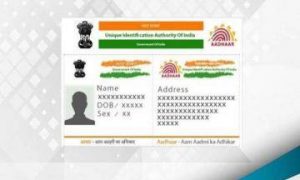By Chirag Nangia
I received Rs 1 lakh as incentive. How can I treat this in the ITR?
—Shikha Parsad
Incentives paid to employees are fully taxable and form a part of taxable salary. In the ITR form you shall have to club the amount of incentive under head salary and tax shall be charged at applicable slab rates.
I had booked a flat in 2014-15 and a loan was sanctioned. This loan was transferred to IDBI in 2018-19 and to Bajaj Housing Finance in 20119-20. The cost of flat was below Rs 45 lakh and carpet area is 750 sqft. Can I avail benefits under Section 80EEA?
—Prashant Kadam
Deduction of interest payable on loan taken from any financial institution for the purpose of acquisition of a residential house property under Section 80EEA is provided if the individual does not own any other house property on the date of sanction of loan and the loan has been sanctioned during the period beginning on April 1, 2019 and ending on March 31 2021. Further, the stamp duty value of the house property should not exceed Rs 45 lakh. Since the loan was sanctioned to you before the aforementioned period, you shall not be entitled to claim deduction under Section 80EEA.
My father retired in May 2019. He has withdrawn the PF and gratuity amount. Should we show them in ITR? If so, under which section should we show it in ITR1?
—Dilip Yarehalli
Gratuity in case of employees of state/ Central government or local authority is fully exempt from income tax. However, for non-government employees the maximum tax-exempt gratuity limit is lower of amount received, Rs 20 lakh or 15 days salary based on last drawn salary for each completed year of service, or part thereof in excess of six months (for those covered under Payment of Gratuity Act). Further, the amount withdrawn from Recognized Provident Fund is exempt from tax only if a person has completed continuous service of five years. Exempt income is required to be reported in Schedule EI of the Income Tax Return Form. Further, pension received by an individual from his former employer is taxable as salary income and therefore will have to be reported under head ‘Income from Salaries’ in the ITR 1.



































